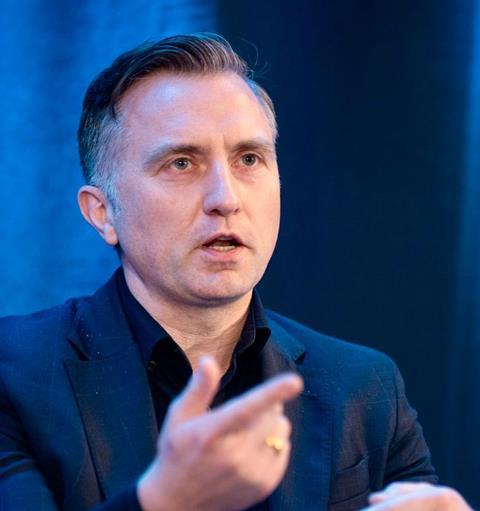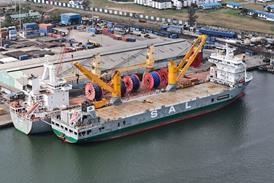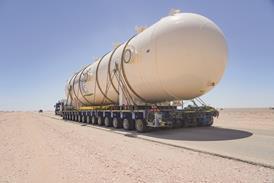The widescale adoption of technology such as artificial intelligence (AI) will soon make shipping cargo as simple as finding directions using Google Maps, according to Alexander Varvarenko, founder of digital booking platform ShipNext.

Varvarenko believes the ‘Uberisation’ of the shipping business will be a relatively easy proposition. Speaking at the JOC Breakbulk & Project Cargo Conference, held in New Orleans at the end of April, he said: “Early automation, data-gathering and machine learning are all the steps you need to take to get to AI – which is predictive decision making, and not all that complex.
“There are only around 87,000 commercial ships in the world – not that much in terms of business modelling. Once you input a shipping date, quantity of the cargo and you name the limitations, restrictions, the available material in the port and so on, it reduces the amount of ships that are suitable. So, teaching a system to take a decision or guide you on the right decision, based on economic or environmental factors, for instance, is not that difficult. It’s not going to take a long time until we see AI helping us ship cargo.”
Varvarenko also explained how ChatGPT – a chatbot capable of writing essays and scripts and solving computer coding by capturing information from the internet – will benefit the shipping business. “If you start shipping today using conventional means, your decision is based either on one of the companies you know, or the emails and messages that you receive. But there’s a limit to how much data you can process by yourself.
“If you were to ask ChatGPT to help you find the best way of shipping cargo, it would currently say, ‘I’m not yet connected to the shipping data, therefore I’m not able to help’. But it will only be a very short while until ChatGPT is connected to this data, and then it will start producing the information.”
















